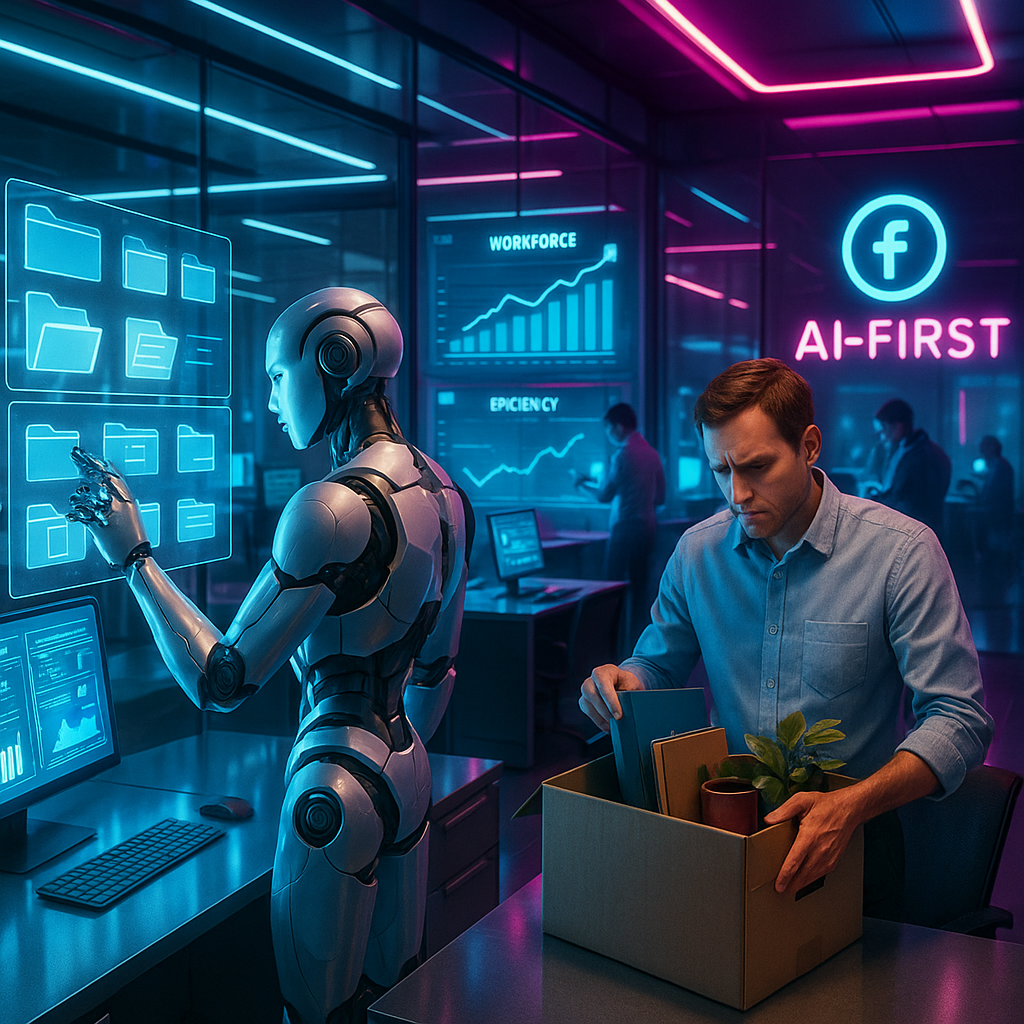Key Takeaways
- Top story: Fiverr announces a 30% workforce reduction as it pivots to an AI-first organizational model. This move renews debate over automation, labor value, and the true costs of technological advancement.
- Physicians in healthcare are integrating AI-guided tools into clinical decision-making. This trend alters the doctor-patient relationship and prompts questions about trust in algorithms.
- Privacy: The debate on AI surveillance is intensifying, highlighted by recent cases that raise concerns about personal boundaries and algorithmic reach.
- Universities worldwide are embedding AI literacy into core curricula. Understanding machines is becoming fundamental to education and future societal participation.
- AI society impact analysis: These developments prompt reflection on the ethical dimensions and complex consequences of intelligent technologies in the domains of work, care, and knowledge.
Introduction
On 23 September 2025, Fiverr’s announcement of a 30% workforce cut as part of an AI-first restructuring marks a notable turning point in the ongoing analysis of AI’s impact on society. This decision highlights both the disruptive force and ethical complexities of automation. Simultaneously, AI’s growing influence in fields such as medicine and education is leading to rapid changes across familiar settings.
Top Story
Fiverr Cuts 30% Workforce in AI-First Restructuring
Fiverr has announced it will reduce its workforce by 30% as the company transitions to an AI-centric operational model. Executives stated that this restructuring is part of a broader strategy to lead in AI-driven freelance platforms. The move is intended to streamline operations and position Fiverr at the forefront of technological transformation within the gig economy.
This decision has generated significant debate regarding the societal value of human labor in an era of automation. Industry analysts noted that large-scale workforce reductions, while often justified through improved efficiency, can have profound effects on employment stability and public trust in technology companies.
Worker advocacy groups have responded by urging policymakers to address the ethical and economic consequences of rapid automation. Observers emphasize the importance of transparent transition measures to mitigate negative social impacts.
Stay Sharp. Stay Ahead.
Join our Telegram Channel for exclusive content, real insights,
engage with us and other members and get access to
insider updates, early news and top insights.
 Join the Channel
Join the Channel
In Brief Today
Healthcare Embraces AI-Guided Clinical Decisions
Physicians are increasingly turning to AI-enabled tools to support diagnostic and therapeutic decisions. Recent studies have found that these systems can improve diagnostic speed and consistency in certain clinical contexts.
However, experts caution that reliance on AI may alter the conventional doctor-patient relationship. There is ongoing discussion about the appropriate balance between algorithmic reasoning and human clinical judgment.
AI-driven predictive models are also beginning to transform preventive medicine, offering new ways to personalize healthcare and enhance patient outcomes.
Privacy Debate Intensifies Over AI Surveillance
As AI-powered surveillance becomes more widespread, new reports have drawn attention to potential infringements of privacy rights. Civil liberties organizations have highlighted risks of overreach, calling for clearer boundaries and stricter oversight.
Lawmakers in several countries stated they will review current frameworks in response to these developments, citing the need to safeguard individual liberties in the face of emerging technological capabilities.
Universities Integrate AI Literacy into Curricula
Educational institutions around the world are embedding AI literacy and ethics into their foundational curricula. Leading universities have announced that, starting from the spring 2026 semester, courses on the societal implications of AI will be a required component for students in technology and social science programs.
Academic leaders argue that proficiency in understanding and critically analyzing intelligent systems is becoming essential for future civic participation.
In parallel, many educators are leveraging AI tools designed for neurodivergent learners to promote inclusivity and adapt teaching methods to diverse student needs.
Market Wrap
Technology Sector Adjusts to AI Developments
AI-focused companies experienced varied trading activity following recent reports on AI ethics and industry trends. The NYSE AI Index declined by 1.2%. In contrast, specialized AI infrastructure providers saw average gains of 2.3%. Traditional technology giants remained relatively stable, with little movement among market leaders.
Amid these shifts, conversations continue on the role of AI as a reflection of human cognition and philosophical questions regarding the very origins of intelligence in machines.
What to Watch
- World AI Summit in Geneva from 15 to 17 October 2025, where international frameworks for AI governance will be discussed.
- US Congressional hearings on AI oversight legislation, beginning 30 September 2025.
- European Commission’s announcement of its AI Policy Framework, expected on 5 October 2025.
- Major AI developers’ quarterly earnings reports: DeepMind (12 October 2025), OpenAI (14 October 2025).
For those following the ethical landscape, keep an eye on upcoming analyses such as AI alignment drift and the evolving requirements for long-term oversight of high-impact systems.
Conclusion
The series of announcements and reports on 23 September 2025 underscore the accelerating integration of AI into key sectors such as employment, healthcare, and education. Fiverr’s workforce reduction, alongside new developments in AI governance and ethics, reflects the ongoing tension between technological progress and societal responsibility.
What to watch: US Congressional hearings on AI oversight begin 30 September 2025, with significant policy developments and industry disclosures expected throughout October.
As AI becomes increasingly embedded in everyday life, questions of digital rights and algorithmic ethics will undoubtedly become central to how society adapts and responds.





Leave a Reply